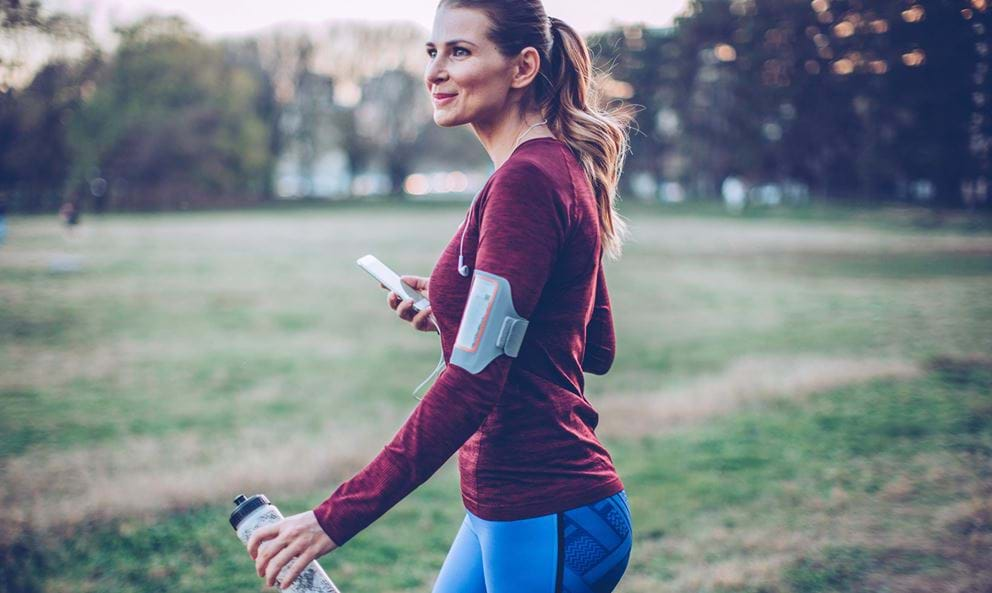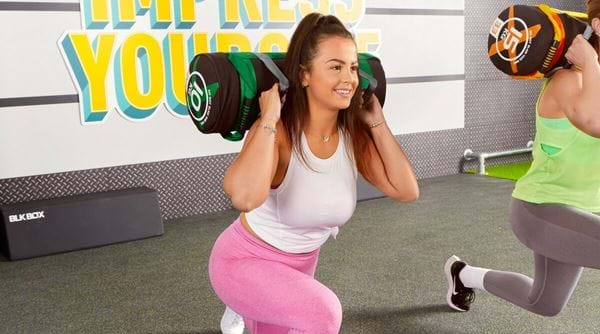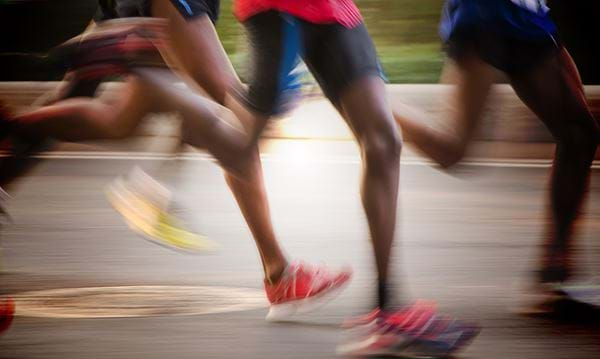What Types of Exercises are Safe During Pregnancy?

Maintaining your fitness levels during pregnancy is extremely important. Not only does it help keep you healthy during your pregnancy and give your body strength to cope with labour, it also makes it easier for you to get back into shape again after birth.
Contrary to popular belief, exercise during pregnancy is not inherently dangerous. According to the NHS, women who exercise are less likely to experience issues in later pregnancy and labour. What’s important to remember though is the type of exercise you do and your fitness levels prior to pregnancy, as this will also play a part in the level of exercise your body can handle.
To help give you a better idea of what types of exercise are safe during pregnancy, we’ve put together a useful list full of tips and advice.
Safe exercises during pregnancy
Yoga
Yoga is a great exercise for pregnancy because it helps to maintain muscle tone, flexibility and provides a low-impact workout that’s easy to adjust as your pregnancy progresses. Even if this isn’t an exercise you’ve experienced before, it’s still something that even beginners can pick up and do during every stage of your pregnancy.
Swimming
Swimming is a really good exercise for each stage of your pregnancy, especially for relieving stress on your body during the third trimester, as the water helps to support your weight and lighten your load. Light swimming for up to 30 minutes is great exercise for all muscle groups and overall fitness while being safe for you and your baby.
Walking
Walking or brisk walking is less risk to your pregnancy than running, but helps to keep you fit and active. Easily built into an everyday routine, make walking a part of your pregnancy exercise plan by adding in 30 minutes of walking each day, whether outside or on a treadmill at the gym.
Exercise to avoid during pregnancy
If your body is used to running, you may be fine to continue at a slower pace adapted to your pregnancy on the advice of your doctor or midwife, however for those whose body isn’t used to it, a lower impact exercise may be more advisable. Find more information about running during pregnancy here.
You should avoid any high-impact exercise that causes stress to your body during pregnancy, such as:
- Contact sports like martial-arts or boxing that may result in over strain or injury to your bump.
- Ball sports such as tennis, football or rugby where you or your bump could be at risk of being hit or tackled.
- Sports such as rock climbing or horse riding which may result in a fall.
- Lying on your back for prolonged periods, particularly after 16 weeks, as the weight of your bump can press on a major blood vessel and cause faintness.
To conclude, as long as you remain hydrated and avoid any exercise too strenuous or exhausting, low intensity exercises such as yoga, swimming and walking are safe to practice and are beneficial for you and your baby during your pregnancy. Everyone is different, so remember to always check with your midwife or GP to make sure you’re following a safe plan for you.


